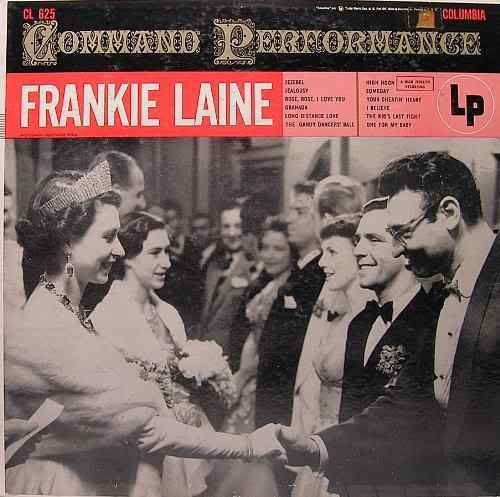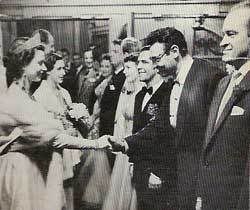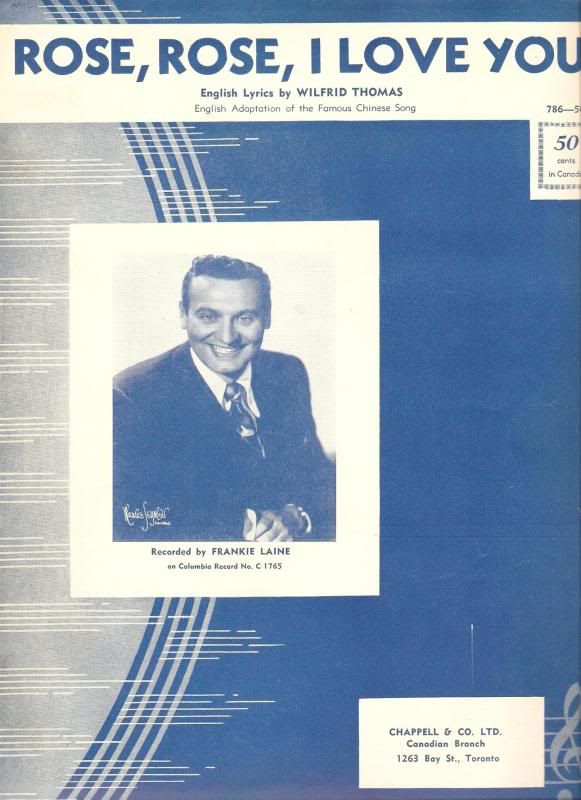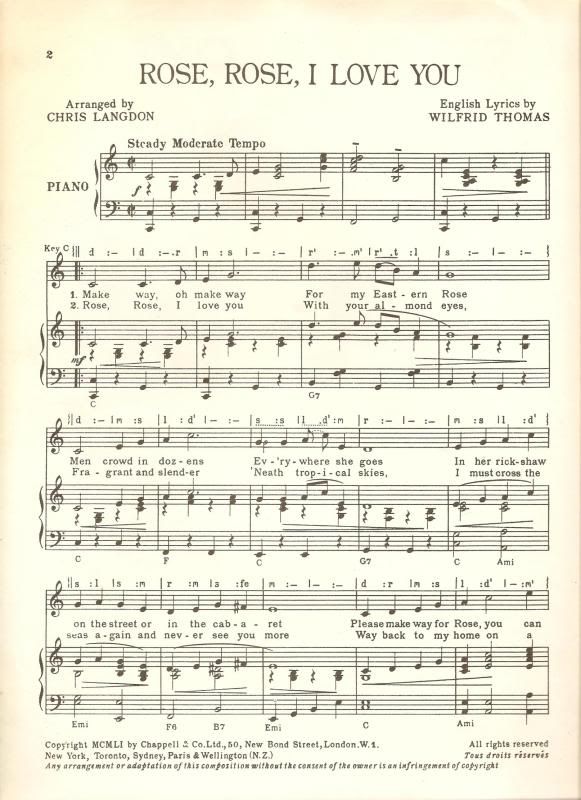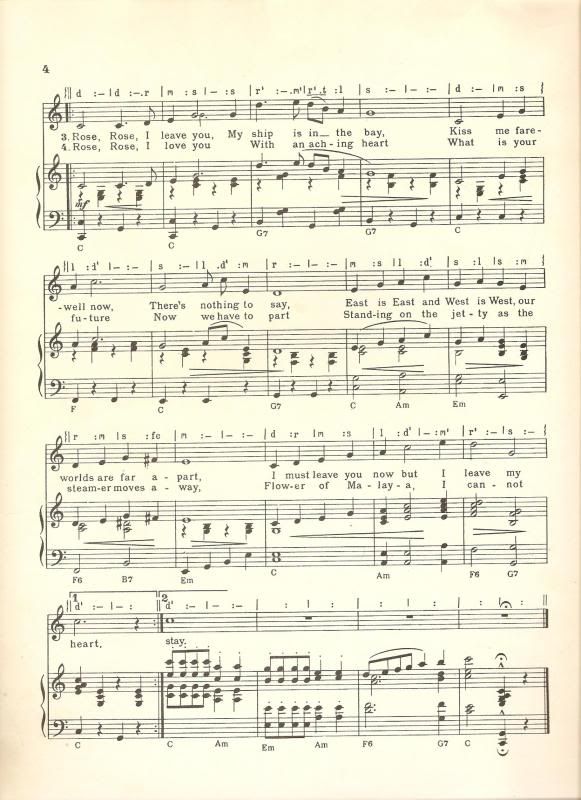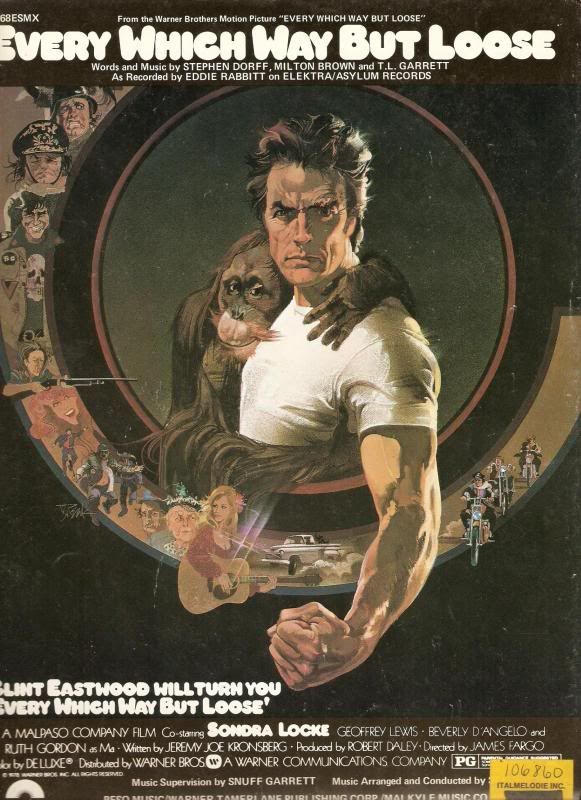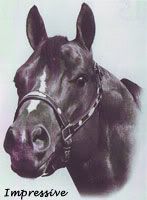I found this cheerily infuriating.
The Best Mind of His Generation
This was written by the sometimes Roeper aislemate and NYT film critic, A. O. Scott. I guess it's written from the perspective of gen-Xer writing to about and at the wicked boomers who took all the good jobs, lived the good life and got everything the slacker generation never could. Boomer privilege and entitlement is old hat, but if Tony Scott thinks there are no vacancies at this point in history for great men of literature, I recommend he check in and see how someone born in 1980 or 1990 feels about our prospects. In all honestly, perhaps what is meant by literature itself--that stodgily stuffy edifice and its leather patchwork of hierarchical brows (sub-simian to brainiac)--has outworn its usefulness as a cultural form. It certainly has faded as a worthwhile distinction--this I know from experience.
I studied Creative Writing where David Foster Wallace got his MFA.
In the institution's hallowed halls, Wallace was revered, if sometimes begrudgingly so (I'll get to that). The reverence was grad-student driven, but it did reach the top. Wallace was one of them/us, or had been, and seemed like the prototype of someone who made good of this wickedness.
The first time I heard his name, I was young and impressionable and eager to believe that there was good writing out there, but not seeing it anywhere around. I'd submitted a fantastically mediocre poem to a poetry workshop headed by an energetic young grad student called Julian with frosty hair and Buddy Holly spectacles. On reflection, there was a quiet mentoring going on there, the closest that I would ever get, artistically. He good poet, and seemed to have his life together. It was hard not to see him as the image of what I might wind up being, and I think he respected my clumsy cynicism and earnestness. He didn't really help me out anywhere specifically (Lord knows I could have used it), but he told me I was good and he let me get away with trying to remain as anonymous as possible while giggling my way through the semester.
Julian did his best with what week to week proved to be a lousy group of writers (myself included). A few times, he would bring in friends and local writers to our little section during critiques to give us some sense of occasion. One time, he brought in this really smug and serious writer with a small ponytail, the kind of guy who spends a set amount of each day mugging for a dust jacket photo, trying to capture just the right supercilious turn of the nose. This guy read everyone's poems and at the end of the week he chose a few people for critique. I was among those selected, and when he called my name I answered sheepishly, having heard him tear people to pieces. When he got to me, he only asked me, "Have you read David Foster Wallace?" I hadn't and said so. "You might want to." And that was it.
It sounded like it was intended as a compliment, it was enough to set me off through Wallace's oeuvre--penance for escaping without the nicely worded verbal abuse everyone else got. I read everything I could get my hands on, and despite the circumstances of our introduction, and as testament to Wallace's skills, I enjoyed most everything. It was immediately accessible and familiar and miles ahead of anything I might ever hope to do.
Later, I got to see him read. It was one of the more sensible and dazzling moments in my university career. Wallace's reading was blank, he read very straightly and simply.
The evening's power was entirely in the text, which somehow had been written by the imposing figure at the front of the room. The auditorium was filled with enthusiastic admirers, clutching copies of his books, which I had to that point only checked out of libraries. I approached him afterwards and merely told him that I liked his work and thanked him for coming. He was quickly distracted by a more exuberant fan, but seemed to acknowledge it. By this point a queue was forming for autographs, but I stood by and watched him interact with people. He was shy but gracious as people lavished praise.
The next day, I was trapped in an insipid fiction workshop taught by a dinosaur who thirty years earlier had written a book about going blind, imaginatively titled Going Blind. He was an unpleasant and demanding man with cruel hair and wrinkles that told me he only smiled through sheer force of will. Worse, he graded harshly. He clearly detested undergraduates, and to explain his arcane view of literature, he would frequently trot out another of his mouldy scribblings: a piece on the importance of the distinction between literary and popular fiction. Popular fiction, he explained, was about outsides. Literary fiction had the singular gift of being able to give us insides. To prove his point, he then had a series of strawman examples drawn from the 1970s when it was written: Jaws versus The Old Man and The Sea; Clan of the Cave Bear versus The Inheritors, etc. He also detested the cinema (which he said could only show outsides), women and anything else that might be considered fun.
(When he got into it, I usually distracted myself with the thought of one day getting inside one of my fellow classmates.)
About half-way through class, someone asked him what he thought of Wallace's lecture. He paused, measuring how his words would be received--as if endorsing Wallace's playful genius would open the floodgates to hollow imitations, as if his words could carry such weight with a room that feared and hated him--then he said, "Oh, I liked it." This was followed by a string of qualifying buts that amounted to nothing all. He basically said that Wallace was really good at what he did, and we were and could not. Fortunately, I was distracted by the fact that the girl sitting across from me appeared to have forgotten to, or wasn't wearing underwear.
I've never had a teacher who tried impose his point of view on me as strongly as this blowhard. Still worse, he used grades for leverage. He only gave out one A-, and only because he'd misread one girl's story to have depth beyond her design. I worked my ass off to get a B, and by the time I did, I was less sure of myself and less capable of putting my ideas into words than I had been when I'd started out writing as a teenager. The material suffered. I forgot how to be playful and clever and it stopped being fun. I stopped being fun. I stopped giggling on the page. I walked away from the whole experience never really writing seriously again. (Well... one time, but that launched the biggest fiasco of the personal underwear-based kind.)
He had not talked about Wallace with admiration. He merely condoned that what had been read was indeed literary (he failed to explain how, suggesting we re-read his essay). This is the nature of the praise that is available in this dark coven of self-important twits in creative writing. And Tony Scott is playing right into this dinosaur's hands! By essentially writing David Foster Wallace off as a casualty of some post-boomer world, in which there's no room for him in the pantheon of literary genius and the only aspect of the human condition left unexamined is that of pitiable exile, Scott makes Wallace's life and death seem all the more hollow.
I don't quite buy it. It doesn't seem right to evaluate Wallace along any grand continuum, even if that is where he saw himself. It distorts Wallace's significance and short-changes his generation. The fact was that he was able to remain relevant and hip to his peers and people who came after him, becoming the index of what good writing at this moment in history would look like, while still begrudgingly gaining acceptance from elite. That's what he was to me anyway. It's no small feat. It seems clear that Wallace's suicide was a tragedy of circumstance and the unfortunate treatment of mental illness. Scott's dim epitaph almost makes me want to not read the few remaining things that I do, on account of the company that it puts me in.
Ride a Ripple on Over
14 years ago
